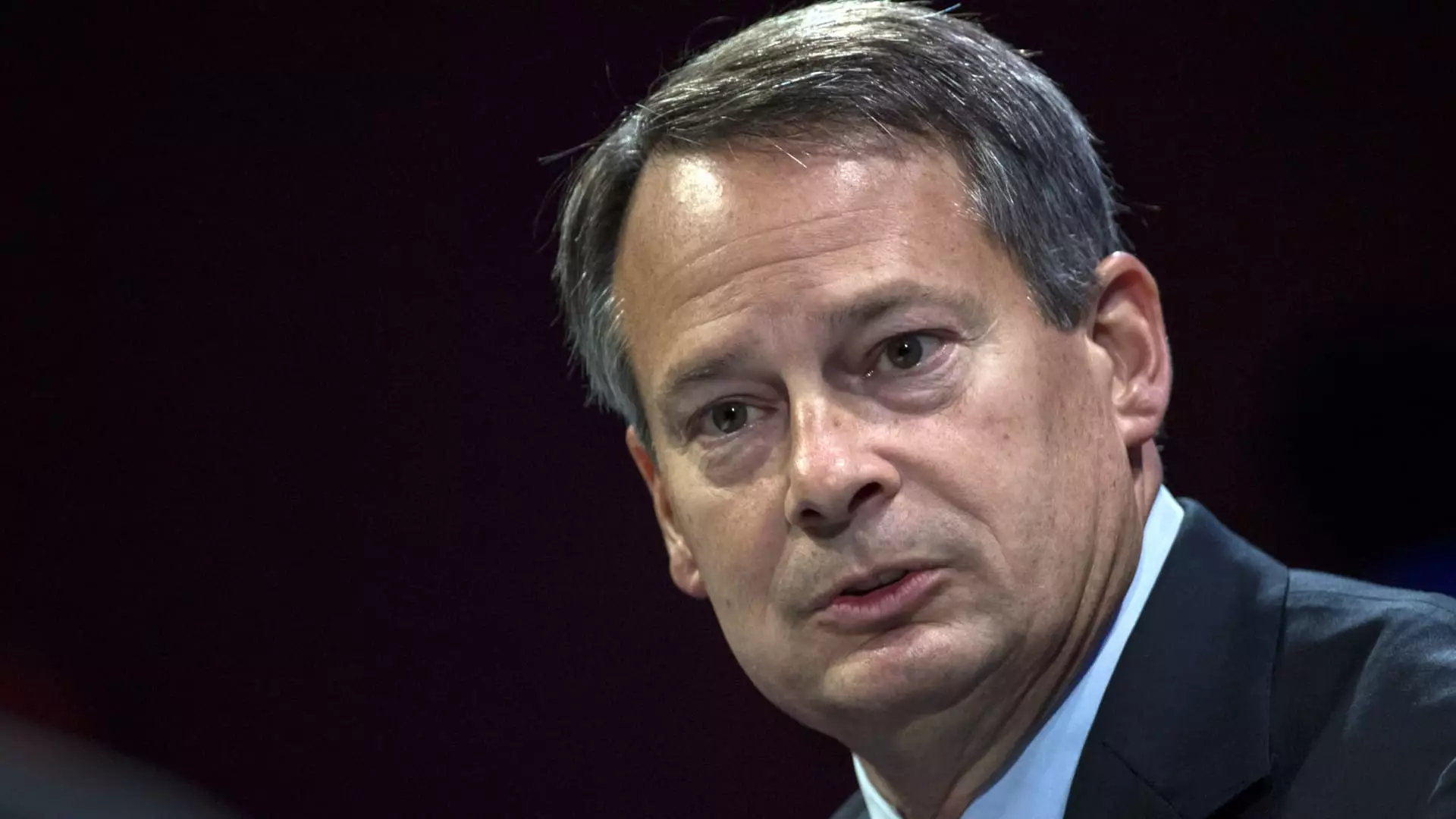The financial services industry is poised for a significant change as Walt Bettinger, the long-time CEO of Charles Schwab, prepares to retire at the end of December 2024, following an impressive 16-year tenure. His announcement not only marks the culmination of a career that has seen immense growth for the company but also signals a new chapter under the leadership of Rick Wurster, the current president of Charles Schwab. The transition takes place amid a backdrop of a changing financial landscape, suggesting a potential for both continuity and innovation.
Bettinger’s retirement comes as he approaches his 65th birthday—a natural juncture for leaders to pass the torch. In his statement regarding the transition, he highlighted the seamless nature of Schwab’s succession plan, underscoring the deliberate and careful approach taken by the board to ensure stability during this critical time. Wurster’s long-standing collaboration with Bettinger sets a foundation that could foster a smooth transition. Their relationship, cultivated over more than eight years of working side-by-side, gives stakeholders confidence that day-to-day operations will continue unabated.
In a recent interview, Wurster emphasized that there would be no immediate shifts in strategy following his ascension to the CEO role. His commitment to sustaining Schwab’s focus on customer satisfaction speaks volumes about the firm’s priorities going forward. Wurster’s leadership style may bring a fresh perspective while still aligning with the ethos established by Bettinger—a strategy that has proven effective in their past endeavors. As the company navigates this transition, stakeholders will be keenly watching how Wurster’s leadership will shape the brokerage’s future.
Bettinger’s leadership has been characterized by remarkable growth metrics that are commendable in the financial sector. Under his stewardship, Charles Schwab expanded its client assets from $1.14 trillion to an impressive $9.74 trillion and increased client brokerage accounts from fewer than 10 million to over 43 million. Such exponential growth is exemplified by the 2020 acquisition of TD Ameritrade, which significantly bolstered Schwab’s market position. This noteworthy integration was finalized earlier this year, reinforcing Bettinger’s sentiment that now is an appropriate moment for him to exit from daily operations.
While Bettinger’s tenure has seen Schwab’s stock appreciate dramatically—around 150%—it has faced challenges in recent years, struggling to keep pace with broader market trends. This paradox raises questions about the long-term sustainability of such growth, particularly as the financial markets evolve. Bettinger’s candid reflection on starting his role amid the 2008 financial crisis highlights the unpredictable nature of the market and the realities CEOs must face. Wurster’s leadership will be pivotal in determining how Schwab navigates these challenges, especially as they work to maintain momentum in an ever-competitive landscape.
As Charles Schwab transitions into this new era, the emphasis will be on steady leadership and resilience in the face of impending market changes. The board’s confidence in Wurster’s abilities indicates a strong belief in his capacity to uphold the core values that have defined Schwab’s success while charting a course that embraces potential opportunities for growth and innovation.

